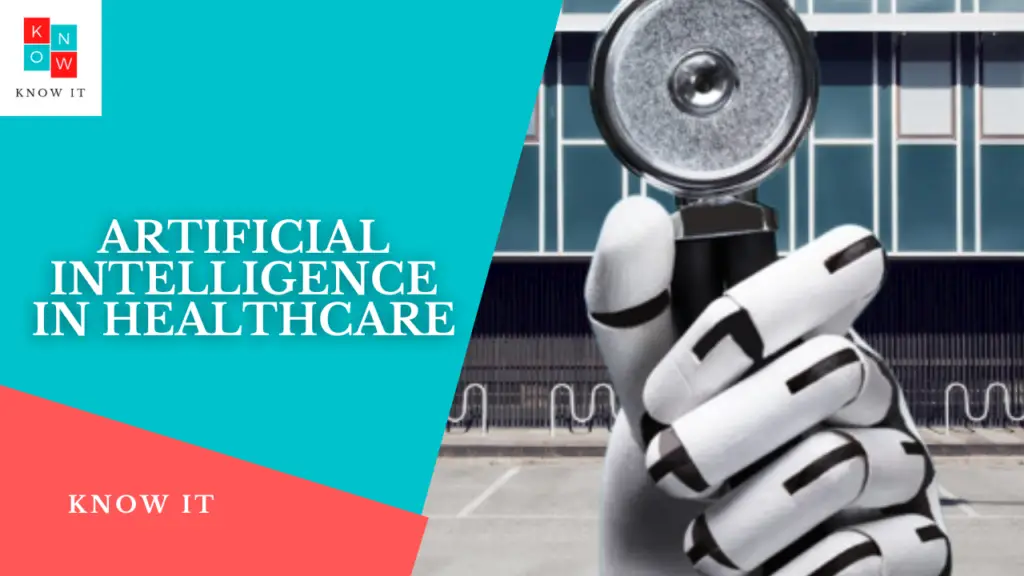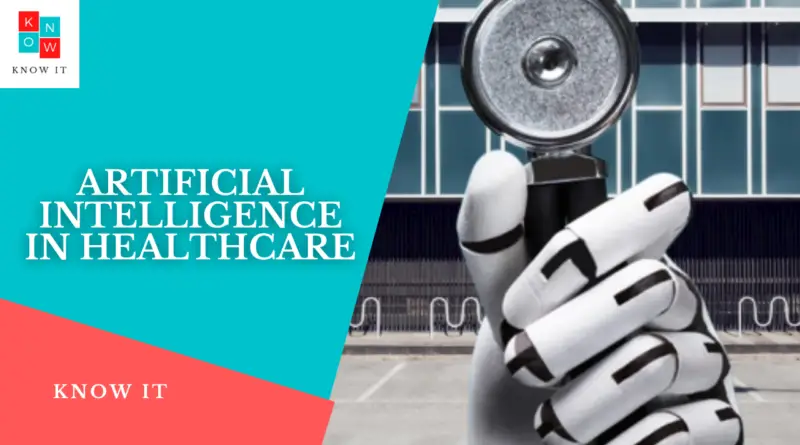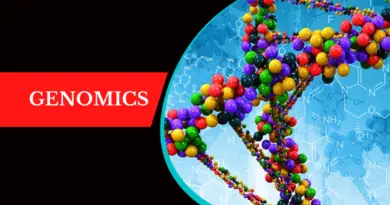AI in Healthcare: The Future of Improved Patient Outcomes
The use of artificial intelligence in healthcare has been around for decades. In the past, AI was used to help doctors detect diseases and symptoms, but it is now being used for a variety of other purposes. The use of AI in healthcare will only continue to grow as more and more people are diagnosed with chronic illnesses like diabetes or cancer. In the future, we can expect AI to play an increasingly important role in healthcare. It will be used for things like diagnosing illnesses, monitoring patients’ health, and even assisting with surgery.

Artificial Intelligence in Healthcare
Artificial intelligence in healthcare will be used for many purposes in the future and AI is already being used for some of them today. First, artificial intelligence is being used to help doctors detect diseases and symptoms. Next, it is being used to assist with surgery. Finally, it will be used to monitor patients’ health and diagnose illnesses like diabetes or cancer.
How AI is Changing the Practice of Medicine for Better Outcomes
Artificial intelligence has been in the medical field for a while now. AI is now being used to diagnose cancer and predict heart attacks.
The use of artificial intelligence in the medical field is on an upward trajectory. This can be attributed to the fact that AI is capable of analyzing data from millions of patients and provide accurate predictions about their health conditions. .There are many ways AI can be implemented in the medical field, such as: Visualization of a 3D plan for a tumor to determine treatment options; AI and computer vision algorithms used to accurately identify whether or not a patient has cancer; A system that estimates the probability of survival of cancer patients based on their tendencies and characteristics.
A recent study published by MIT researchers shows that artificial intelligence can diagnose lung cancer with an accuracy rate of 85%. What’s more, it can also predict heart attacks with an accuracy rate of 90% and the most common form of skin cancer with an accuracy rate of 95%. The study was conducted on 10,000 images from the National Cancer Imaging Archive. The AI system analyzed lung cancer, heart attack and melanoma and compared the patterns to healthy tissue. It was able to detect these cancers with a higher accuracy than other methods like X-ray and MRIs.
AI vs. Traditional Medical Practitioners: Who Wins?
The benefits of self-diagnosis with AI are that patients can get more time to see their doctor, and doctors can have more time to spend on more complex cases. “This is something that many doctors are excited about,” says Sangeeta Kashyap of the University of Washington. “They would rather spend their time on more complicated cases than going through a self-diagnosis and filling out a form. This is an opportunity to get closer to patients without having to take time away from other cases.
AI is a very powerful tool that can help medical practitioners improve their work. It also has the potential to make medical practitioners better at what they do. The issue with AI is that the power of computers has not been used for good purposes. It is unclear if AI will be able to alter medical practices in a way that will benefit patients.
The Pros & Cons of Artificial Intelligence in Healthcare
AI in healthcare is a new and exciting area of research that has the potential to change the way we diagnose patients. In this section, we will explore the pros and cons of using artificial intelligence to help diagnose patients.
The Pros of Artificial Intelligence in Healthcare:
Artificial intelligence (AI) is revolutionizing healthcare practices by automating the process. Today’s AI systems can diagnose and treat patients, collect and analyze data, and provide insights into a patient’s history. Artificial intelligence has the ability to produce more accurate results in a shorter amount of time than any human doctor could ever hope to achieve.
The Cons of Artificial Intelligence in Healthcare:
Artificial Intelligence is changing the healthcare world. AI can be used to prevent and identify potential diseases, but the technology also has some downsides. One of these is that AI is still new and doesn’t always work as well as humans would.
Conclusion on How AI Will Change Healthcare Forever
The use of AI in healthcare is not new. However, the applications of artificial intelligence have been expanding and now it is part of every aspect of our lives. Artificial intelligence has changed healthcare forever by providing a more efficient way to diagnose, treat and prevent illnesses. It has also improved the quality of life for patients by providing more personalized care and solutions that are tailored to their specific needs.
AI will change healthcare forever by providing a more efficient way to diagnose, treat, and prevent illness. It will also improve the quality of life for patients by providing more personalized care and solutions that are tailored to their specific needs.



